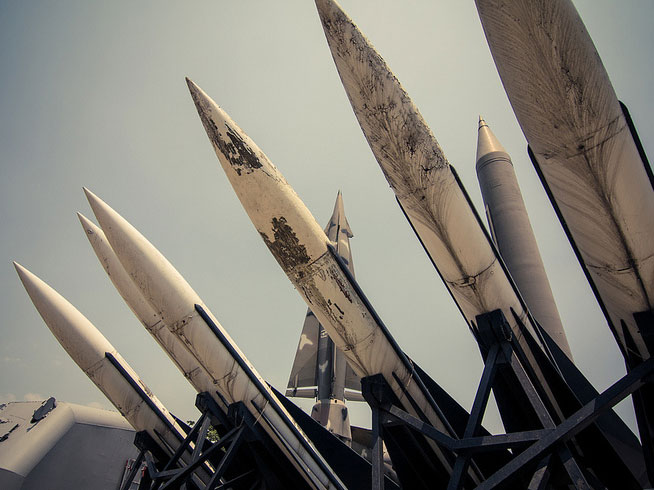This article was originally published by E-International Relations (E-IR) on 14 March 2016.
In the wake of the nuclear and missile tests by the Democratic People’s Republic of Korea (DPRK or North Korea) calls were renewed for further sanctions on the regime in Pyongyang. It was claimed, as it was in 2006, 2009, and 2013, that with China fully on board these sanctions had a chance of greater success in producing a cessation of the DPRK’s nuclear ambitions. The weeks of discussion between the US and China to craft the sanctions also indicated that the 2016 resolution would be a landmark agreement. Surprisingly then, in the immediate assessments, it may be that for the first time it is Russia (rather than China) that has become the ‘wild card’ regarding sanctions and the DPRK.
However, there are reasons to doubt whether extended sanctions will produce the outcomes that key players want to achieve and also how much of a step change these sanctions actually present. The reason for my caution is two-fold. First, this claim is based on a judgement that China’s interests are now more in-step with the US and other powers than they had previously been (and that Russia won’t be a problem). Second, it suggests that a key stumbling block was in the scope and scale of the sanctions rather than their implementation.

